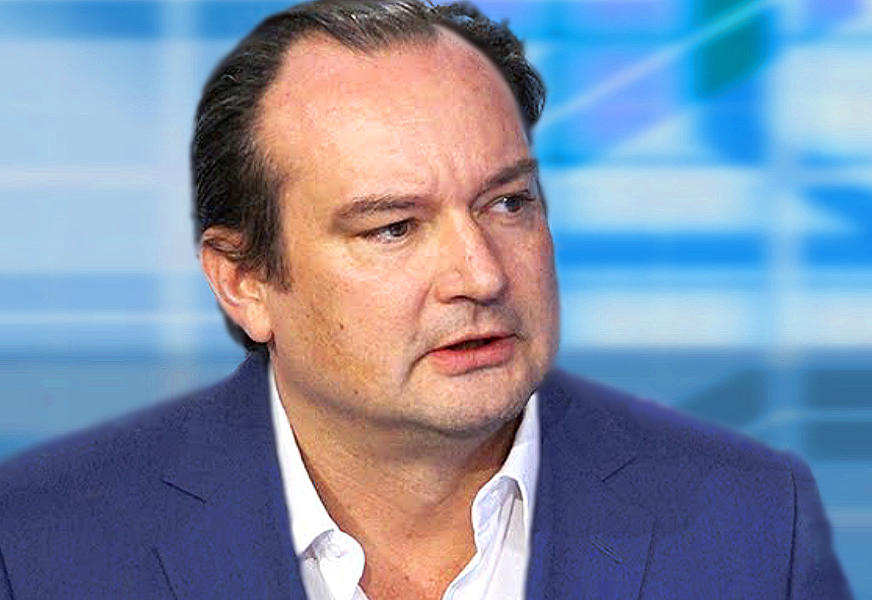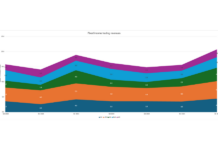Buy-side traders, whether heavily reliant on voice trading or moving to a more electronic execution model, say they are keen to find effective protocols that can increase trading efficiency. From order and execution management systems (O/ EMS) to the use of transaction cost and execution quality analysis (TCA/ EQA) post-trade assessment of trading, traders are eager to improve their capabilities.
“Discussion around the use of technology for high touch desks [at FILS] will be of interest, as will any tools that provide a cost-effective method of data aggregation,” says Anish Shah, senior fixed income dealer at Merian Global Investors.
In part, ongoing cost pressures on the buy- and sell-side are driving firms to find innovative new ways of supporting price discovery and liquidity provision, without increasing headcount.

Billy Hult, president at Tradeweb says, “The introduction of new analytics, trading protocols and tools is so constant that it almost seems commonplace. The ‘problem’ for institutional trading desks today is evaluating providers and allocating resources. More fundamentally, however, institutional investors remain focused on the quality and availability of liquidity.” Inevitably FILS Europe will be comparing developments in the US market, where streaming firm prices and portfolio trading for US investment grade credit are gaining traction, with those in European markets and asking how these can build upon new data tools that are supporting automation.

“I think we’ve reached the ‘epiphany’ point,” says Gareth Coltman, head of European product management at MarketAxess. “The client narrative is no longer about the why – ‘Why do we need automation, why more data?’ For the leaders here, it’s ‘Ok, we’ve got it, how do we take advantage? How do we evolve our workflow and use technology to create advantage for our firm and deliver alpha?’ That’s certainly where our thoughts at MarketAxess are.”
While secondary market challenges remain, primary market challenges have still not been overcome. Project Mars has been set up by dealers to challenge existing platforms, such as IHS Markit’s Ipreo, and Liquidnet is rumoured to have a project in preparation. The lack of progress in launching Project Mars, reportedly due to disagreements over leadership, alongside the failure of banks to fully back other platforms, has slowed progress in this process for buy-side traders.
“The electronification of the new issue market has been painfully slow, as there doesn’t yet seem to be an option that all the big banks will get on board with, and until we can get them all on one platform it’s going to remain a frustration,” says Stephanie Suriyanon, senior trader at Baillie Gifford.
©The DESK 2019
©Markets Media Europe 2025




















